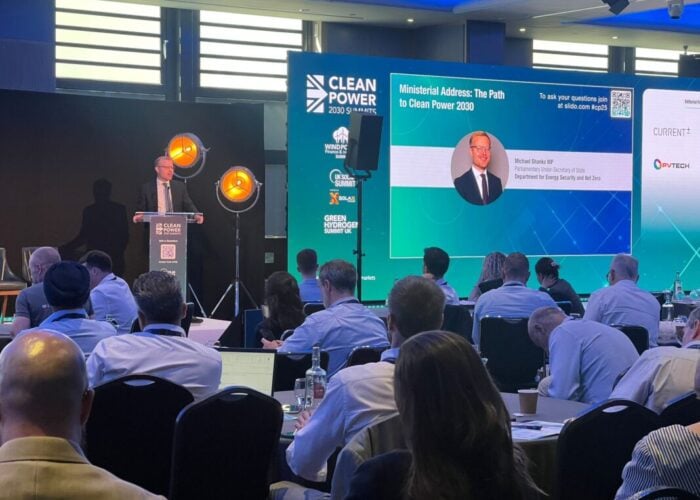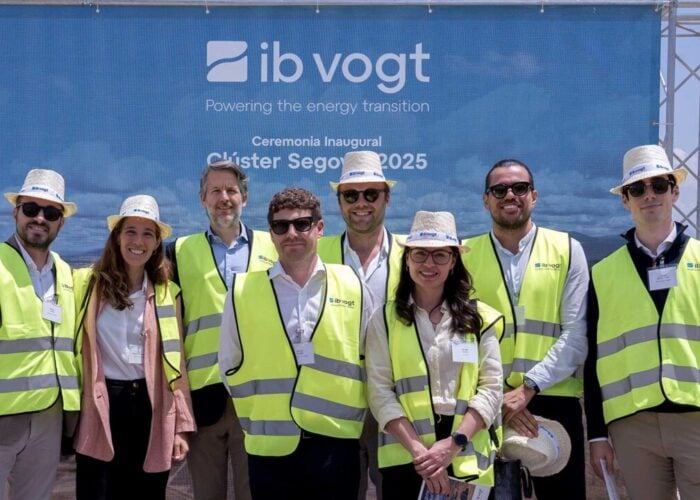Clean energy consultancy, Mercom Capital Group, has predicted that domestic content requirements in the next phase of India’s national solar programme could lead to trade disputes.
The first batch of the second phase of India’s Jawaharlal Nehru National Solar Mission (JNNSM) requires half of its targeted 750MW of solar deployment to include a domestic content requirement (DCR).
Unlock unlimited access for 12 whole months of distinctive global analysis
Photovoltaics International is now included.
- Regular insight and analysis of the industry’s biggest developments
- In-depth interviews with the industry’s leading figures
- Unlimited digital access to the PV Tech Power journal catalogue
- Unlimited digital access to the Photovoltaics International journal catalogue
- Access to more than 1,000 technical papers
- Discounts on Solar Media’s portfolio of events, in-person and virtual
But according to Mercom’s latest India market quarterly update, the 375MW DCR is not actually enough to benefit domestic solar manufacturers, and is more likely to lead to trade disputes. The DCR is “an unnecessary risk that raises uncertainty with minimal reward”, said Raj Prabhu, CEO and co-founder of Mercom Capital Group.
Furthermore, with no projects under the JSNNM phase II expected to be commissioned before May 2015, Mercom said that projects deployed under Indian states’ individual solar programmes are “where the action will be in 2014”, rather than the national programme.
Mercom said 2013 had been a “quiet” year for solar, with around 900MW of new capacity expected by the end of the year. The company said it was “tentatively” forecasting 1,750MW of new solar capacity for 2014, but tempered this by highlighting that 420MW of this would be from concentrating solar projects not built in 2013.
Mercom’s report highlights how solar developers in India are struggling to make profits due to the bidding processes in some states that require the lowest bid to be matched by all bidders.
Developers are reporting “razor thin” margins, with bids not taking into account factors such as inflation, currency depreciation and off-taking creditworthiness, Mercom said, adding that the low bidding process continued to “defy odds”.
Concerns have also arisen as utilities begin to place restrictions on so-called “captive power” projects, where the electricity generated by an installation is used directly by a company.
Mercom said utilities were starting to “push back” on such projects by putting up “hurdles” against large companies looking to instigate them, mainly due to concerns at losing the business of big paying customers – even though utilities are not providing them with the necessary power, free of cuts.
Mercom said it would continue to monitor this trend.
Meanwhile, manufacturers told Mercom that demand has improved, and the introduction of DCRs regulations has bought hope to domestic manufacturers.
However banks have raised worries in financing projects with DCR because of low bidding, low credit ratings from utilities and uncertainty surrounding the viability gap funding mechanism in the JNNSM II programme.







